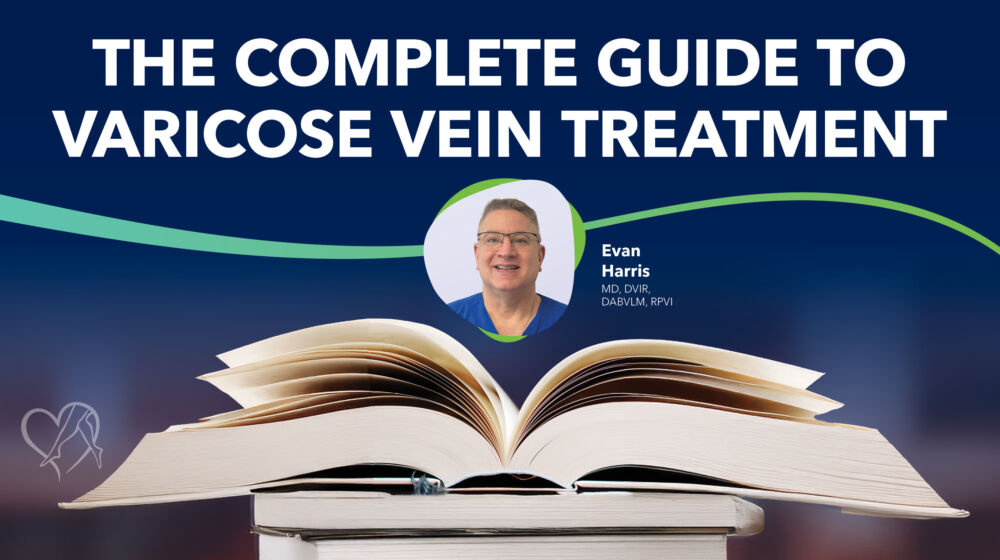Pregnancy can sometimes cause varicose veins in the pelvis. But it doesn’t mean you can’t have a standard delivery.
Pregnancy can be exciting, but the discomfort of vulvar varicose veins (also known as vulvar varicosities) experience can mar your experience.
A 2017 study estimated that between 18 percent to 22 percent of women might develop varicose veins in the pelvic region while pregnant. Fortunately, the swollen veins disappear soon after delivery, so you won’t need treatment while pregnant. Further, vulvar varicosities will not cause you to need a C-section delivery.
If you’re experiencing signs of vulvar varicose veins, speak with a vein specialist about at-home treatments to make you feel more comfortable before you give birth.
What are vulvar varicosities?
During pregnancy, a woman’s body undergoes several changes that affect the veins in the pelvic area. Pregnancy hormones dilate the vein walls as the body increases blood flow to nourish the growing baby.
This process adds pressure on the inferior vena cava, the largest vein in the body, and carries blood from the legs to the heart. As pressure builds, the veins swell and can become painful.
Many women develop varicose veins in the legs during pregnancy for the same reasons. It’s not uncommon for women who have never had varicose veins in the legs before pregnancy to develop them while expecting.
Vulvar varicosities may not cause any symptoms. The veins may bulge and feel bumpy, but you may not be able to see them. Other common vulvar varicose vein symptoms include a feeling of pressure and pain in your genital area after exercising, during sexual relations, or after standing for an extended time. If you suspect you might have vulvar varicosities, a consultation with a vein specialist can confirm a diagnosis and offer recommendations to help you temporarily relieve the symptoms.
Dealing with vulvar varicose veins during pregnancy
Vulvar varicose veins and varicose veins in the legs caused by pregnancy hormones typically disappear on their own about a month after delivery, so treatment during pregnancy isn’t typically recommended or needed. However, if you wish to reduce the symptoms, you can try these tips:
Avoid sitting or standing for long periods.
Maintain a healthy weight during pregnancy.
Elevate your legs for as little as 15 minutes a day to redirect blood flow to the heart.
Wear support garments designed for the lower abdomen and back.
Sleep on the left side to ease pressure on the vena cava.
Apply cold compresses to the vulva to relieve pain.
Pregnant women with vulvar varicosities can experience a normal childbirth. Varicosities don’t bleed excessively and therefore present no complications during delivery.
Vulvar varicosities are rarely permanent. But if the varicosities remain after a month or two after childbirth, you can discuss treatment options at that time. Two common procedures are proven to relieve vulvar varicosities permanently. Your doctor may recommend sclerotherapy, which involves the doctor injecting a solution called a sclerosant into the vein to seal it, or vein embolization, which requires the use of a catheter to destroy the affected vein.
If vulvar varicosities don’t fade soon after delivery, you could be at higher risk for pelvic congestion syndrome (PCS), or multiple varicose veins in the vulva and genital area. A chronic condition, PCS blocks blood flow to the area, resulting in pain and swelling. Treatments include hormone therapy or vein embolization.
Get your veins checked now
Center for Vein Restoration (CVR) specializes in treating vein disorders, including vulvar varicosities during and after pregnancy. We want you to have a normal and healthy pregnancy without any vein-related complications after delivery. Contact us today for a consultation and see how CVR physicians can help you relieve the discomfort of vulvar varicosities.
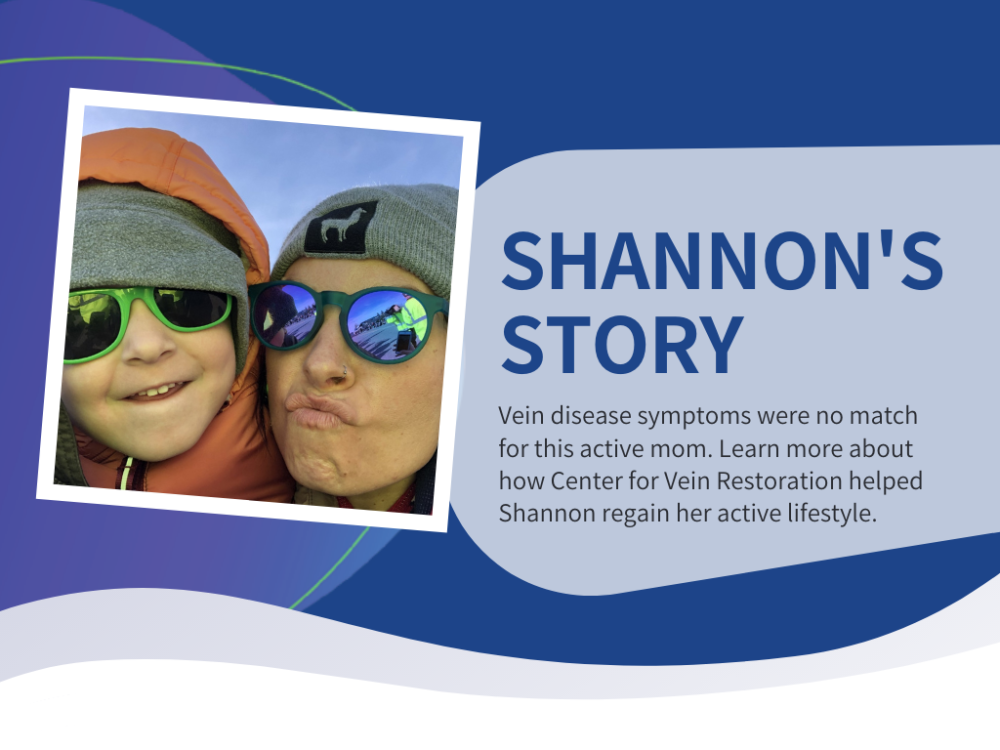
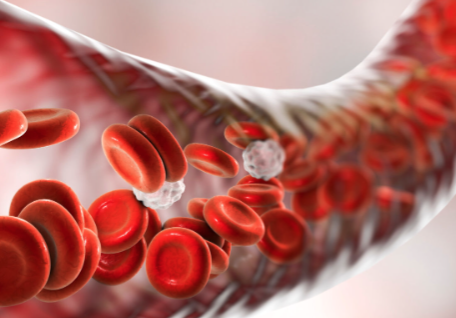 About Vein Disease
About Vein Disease
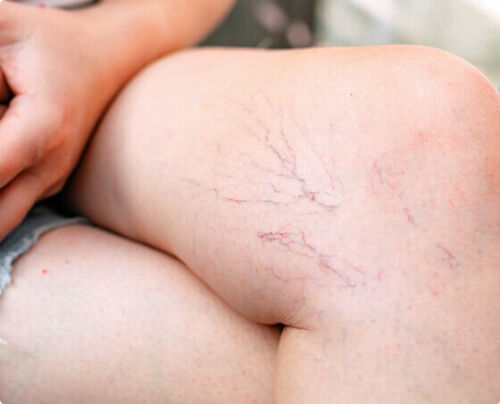 Spider Veins
Spider Veins
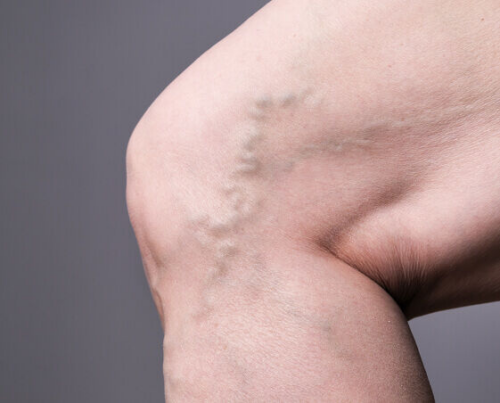 Varicose Veins
Varicose Veins
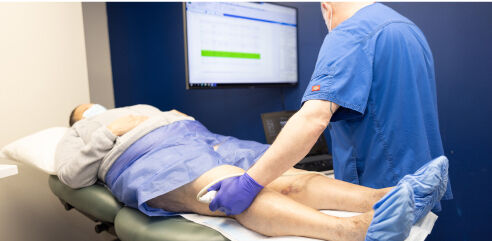 Vein Disease Treatments
Vein Disease Treatments
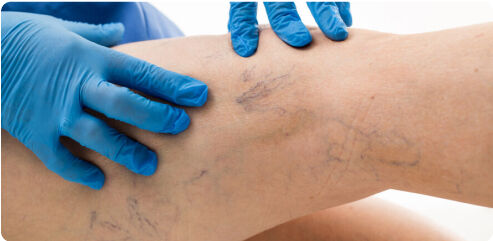 Treating Spider Veins
Treating Spider Veins
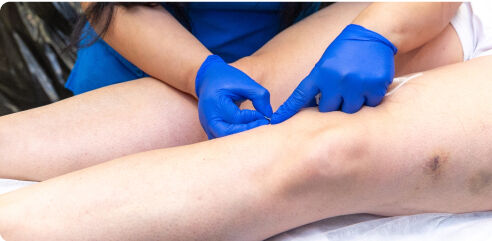 Treating Varicose Veins
Treating Varicose Veins
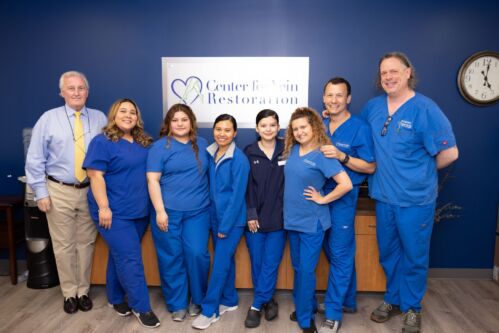 About Us
About Us
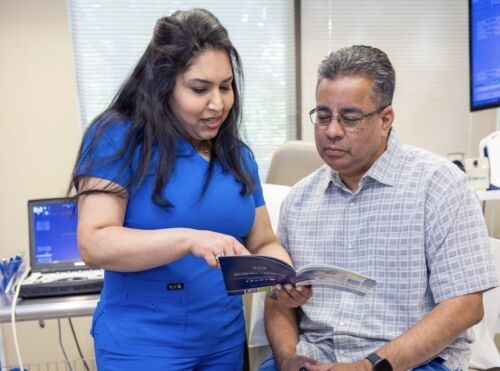 Patient Resources
Patient Resources
 Physician Resources
Physician Resources

